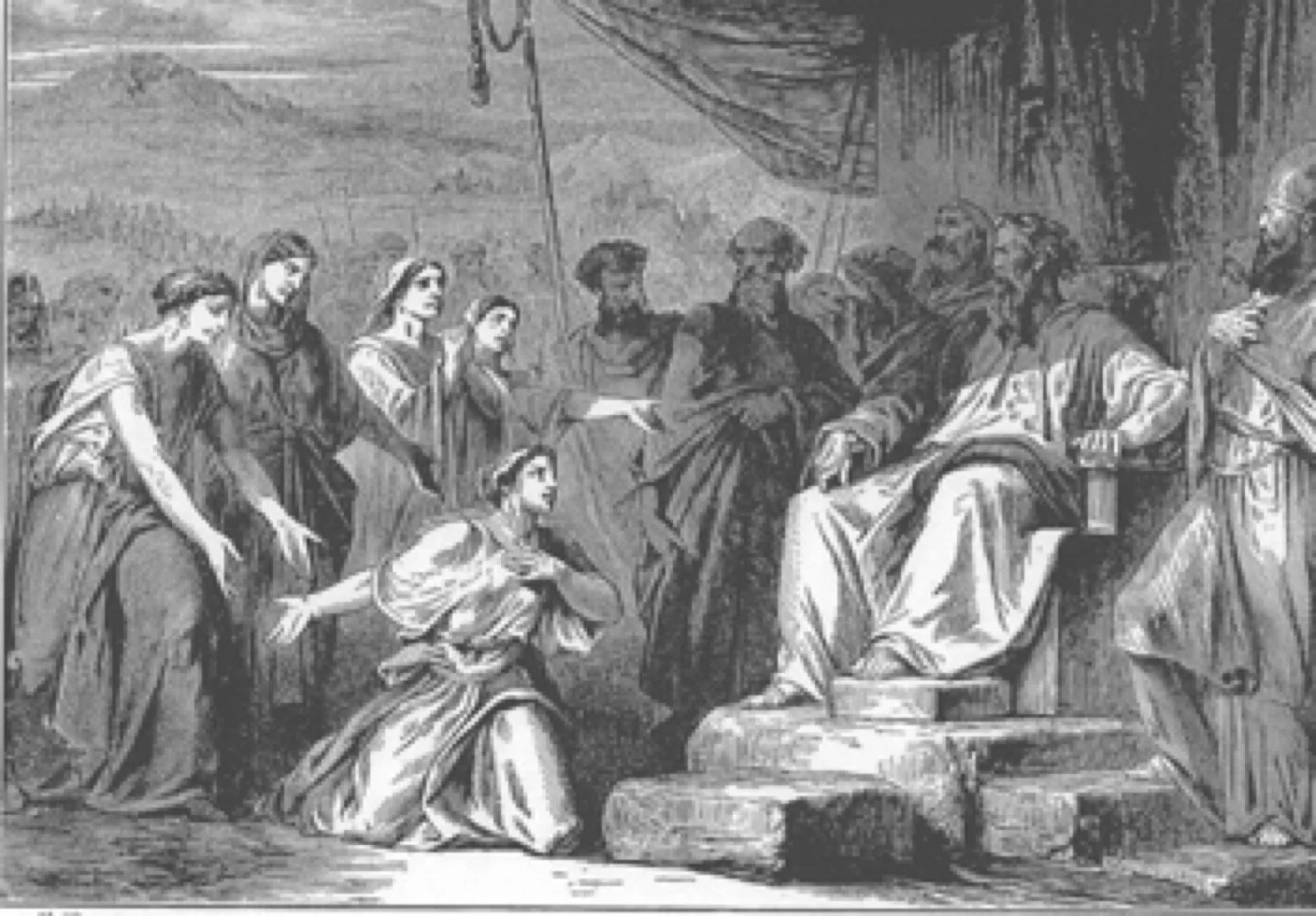Readings for today: Matthew 3, Mark 1:1-11, Luke 3, John 1:15-34
Today’s blog features Greg Daniels. Greg is an elder at Parker Evangelical Presbyterian Church, a good friend, and a great colleague in ministry.
"Jesus, when he began his ministry, was about thirty years of age, being the son (as was supposed) of Joseph, the son of Heli,” (Luke 3:23)
Notice how different this genealogy is from what Matthew shared. Matthew’s genealogy for Jesus reads as if it were the worst possible genealogy he could present. First, He is the adopted son of Joseph. Then he is included in the cursed line of Jechoniah. He is associated with men who married women who were not Jewish, one of whom was even a prostitute. This genealogy would have been scandalous to the Jewish people of that time.
The names in Luke are all men. Luke was Greek and a trained physician. This genealogy is consistent with a Roman, or Jewish legal document. The lineage provided is Noble and of high status. There is no scandal listed. The lineage of Jesus is traced from King David's son Nathan, and not Solomon. This avoids connection to any of the kings who did evil. It also avoids connection to the cursed bloodline of Jechoniah. There is a pure bloodline to the kingship of David, to the blessings of Abraham, and to all of mankind through Adam.
With Joseph being Jesus adopted father, the Mark genealogy is not a natural bloodline. The words, "as was supposed" in the Luke genealogy let us know this was the bloodline through Mary. That would be a natural bloodline for Jesus. This poses a problem. Inheritance of property and rights, such as the claim to a Davidic bloodline, are passed from father to son.
How could Jesus claim He was a rightful descendant of David if he did not inherit that right from an earthly father? The answer comes in the story of the daughters of Zelephohad, a man who had no sons. These daughters argued to Moses that their father’sinheritance should not be given outside of his family just because he had no sons. ‘“Our father died in the wilderness. He was not among the company of those who gathered themselves together against the Lord in the company of Korah, but died for his own sin. And he had no sons. Why should the name of our father be taken away from his clan because he had no son? Give to us a possession among our father’s brothers.” Moses brought their case before the Lord . And the Lord said to Moses, “The daughters of Zelophehad are right. You shall give them possession of an inheritance among their father’s brothers and transfer the inheritance of their father to them. And you shall speak to the people of Israel, saying, ‘If a man dies and has no son, then you shall transfer his inheritance to his daughter.’ -- Numbers 27:3
What incredible detail God has given us in the Bible. Jesus was born in the time of the Pharisees, a time where the law was to be followed in painstaking ways. Not even these scholars of the law could find legal fault in the rights of Jesus. In fact, as we read the Gospel stories, we will not come across anyone who finds Jesus at fault. And they tried desperately to. Jesus is the spotless, faultless lamb of God sent to be the sacrifice for all of us who have faults. It is in his perfect, faultless blood that we are made clean. All who call on the great name of Jesus and believe in Him will be saved.
Readings for tomorrow: Matthew 4:1-22, 13:54-58, Mark 1:12-20, 6:1-6, Luke 4:1-30, 5:1-11, John 1:35-2:12
